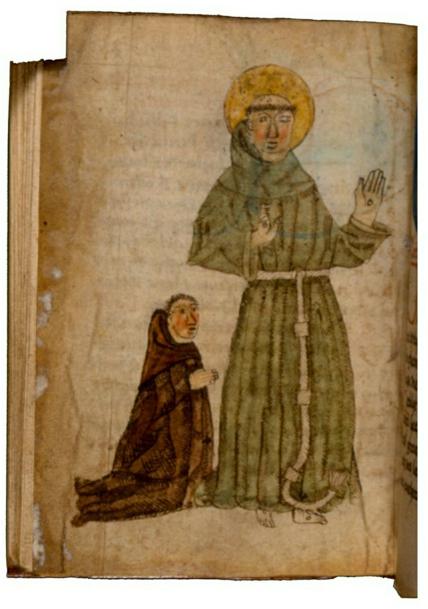A medieval lay religious movement embodying poverty, care for the sick, and devotion without formal vows.
Religion: Christianity
Denomination: Catholicism
Founded: 12th century
Ended: Suppressed in the 14th century
Location: Low Countries (modern-day Belgium, Netherlands, and Luxembourg)
The Beghards were a Christian lay religious movement that emerged in the Low Countries, primarily present in what are now the Netherlands, Belgium, and Luxembourg, during the late 12th and early 13th centuries. Their origin coincides with the rise of similar groups of religious women known as Beguines. These movements were part of a broader trend of lay piety that swept through Europe during the Middle Ages, offering an alternative form of spiritual life outside the traditional monastic settings.
Origins and Early Development
The exact origins of the Beghards are somewhat obscure, but they are generally believed to have arisen around the same time as the Beguines, in the early 13th century. The Beguines were communities of laywomen who dedicated themselves to a life of prayer and service without taking formal religious vows. Inspired by the Beguines, the Beghards similarly consisted of laymen who sought a devout lifestyle.
Unlike monks or friars, Beghards were not bound by permanent vows of poverty, chastity, and obedience. They often lived in communal settings, similar to those of the Beguines, but also formed looser associations, living individually or in small groups throughout urban and rural areas. These men engaged in various forms of labor, such as weaving and manual work, to sustain themselves, while dedicating significant time to prayer, contemplation, and charitable works.
Theological and Social Beliefs
The Beghards were noted for their emphasis on personal piety and direct experience of God, often expressing a deep devotion to the humanity of Jesus and the Virgin Mary. Their spirituality was characterized by an emphasis on inner transformation and mystical experiences. This focus sometimes led them to hold views that were at odds with the official teachings of the Church, particularly regarding the nature of the Eucharist and the role of the clergy.
Socially, the Beghards were part of a broader movement that sought to address the needs of the poor and marginalized. Their communities often provided care for the sick and destitute, reflecting a commitment to the ideals of poverty and service. This aspect of their work gained them significant respect and support among the common people, but also led to tensions with the established church and secular authorities, who sometimes viewed them with suspicion.
Conflict with the Church
As the Beghards grew in number and influence, they increasingly came under scrutiny from church authorities. Concerns were raised about their theological views, particularly their emphasis on mystical experiences and individual interpretations of scripture, which were seen as potentially heretical.
The Council of Vienne in 1311-1312, convened by Pope Clement V, addressed the issue of the Beghards directly. The council condemned several of their beliefs, particularly those related to the nature of the Eucharist and the concept of the “Free Spirit,” which was associated with antinomianism (the belief that Christians are not bound by traditional moral law). However, the council did not condemn the Beghards as a whole, recognizing the piety and good works of many within the movement.
Decline and Legacy
The Beghard movement began to decline in the late Middle Ages, partly due to the Church’s increasing suspicion and partly because of the changing social and economic conditions in Europe. The Black Death and other plagues, along with shifting economic realities, disrupted the social fabric that had supported movements like the Beghards.
By the 16th century, the Beghards had largely disappeared, absorbed into other lay religious communities or monastic orders. However, their influence persisted, particularly in their emphasis on personal piety and direct experience of the divine. The Beghards, along with the Beguines, are often seen as forerunners of later mystical and reform movements within Christianity, such as the Devotio Moderna and the Protestant Reformation.
image via Open Book Publishers




